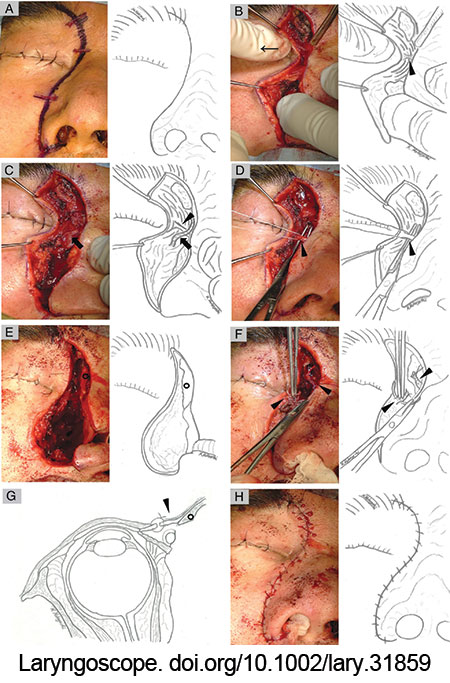Epistaxis is a common emergency department (ED) presentation. Many cases are self-limited, but other cases may require an intervention to stop bleeding. Methods to manage epistaxis include nasal compression, topical vasoconstrictors, cautery, nasal packing, and even surgical ligation in severe cases.

